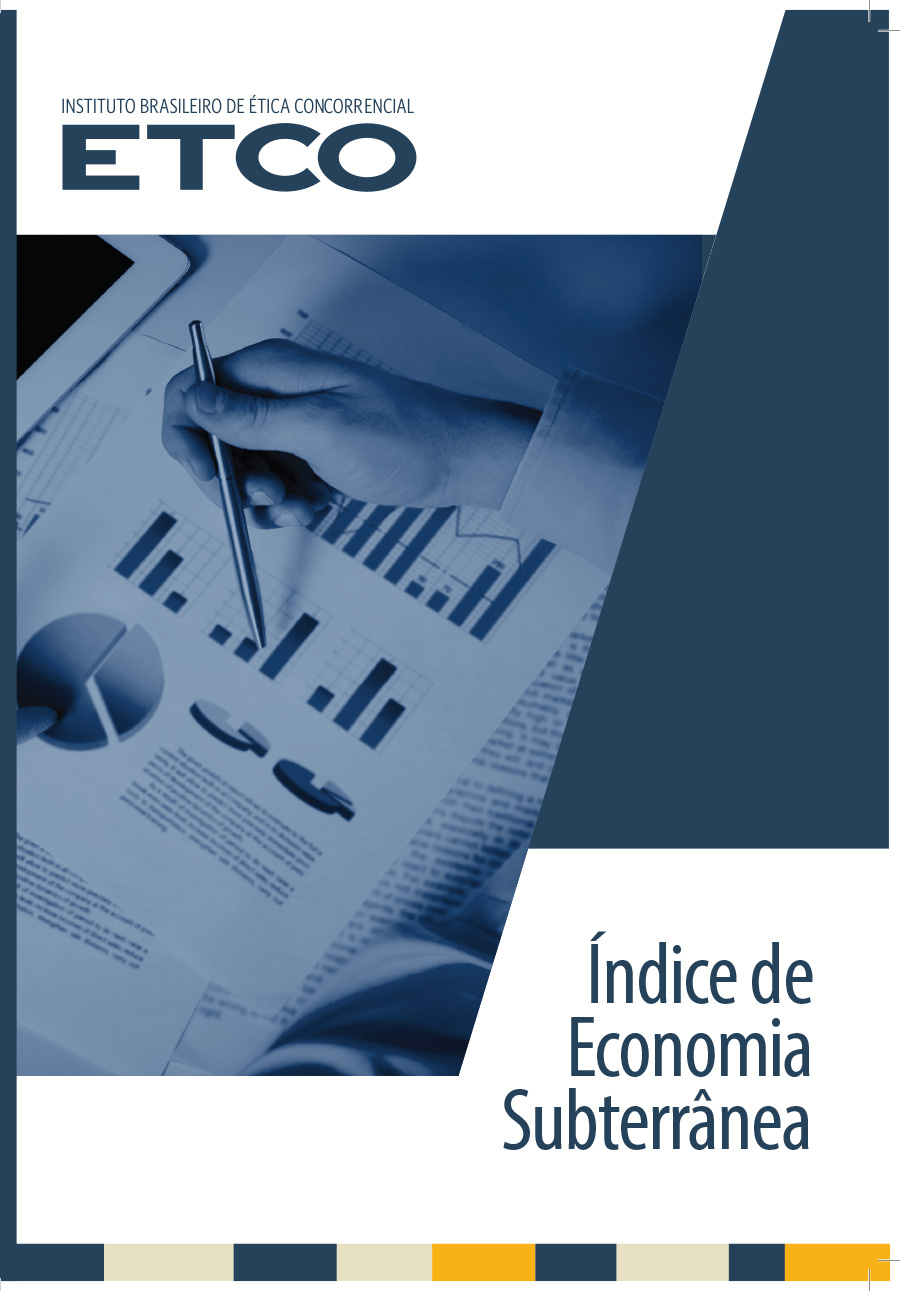Understand the Underground Economy Index

Since 2007, ETCO – Brazilian Institute of Competition Ethics, together with the Brazilian Institute of Economics of the Getúlio Vargas Foundation (Ibre/FGV), have published the Underground Economy Index (IES), a study that estimates the size of the informal economy in the country. .
PDF version: UNDERSTAND THE UNDERGROUND ECONOMY INDEX
What is underground economy
A underground economy is the production of goods and services not reported to the government deliberately to:
- Evade taxes.
- Evade social security contributions.
- Circumvent compliance with labor laws and regulations.
- Avoid costs resulting from the rules applicable to each activity.
The partnership between ETCO and Ibre/FGV to monitor the underground economy provides the country with the main indicator of the evolution of informal activities. Knowing the size of the problem is fundamental to combating it. In Brazil, informality is stimulated by high tax burden, corruption and unemployment. The result is well known: evasion, smuggling and piracy, which generate serious competitive imbalances.
How is it calculated?
O Underground Economy Index is calculated by averaging two important economic indicators.
monetary method = Increase in the currency due to the tax burden and the informality of work.
Informal work = Percentage of workers without a formal contract and income from informal work.
Composition of shadow economy
Illegal activities
monetary transactions
Sale of stolen goods and products, drugs, prostitution, gambling, smuggling and fraud.
non-monetary transactions
Trading drugs, stolen goods, contraband, etc.
Theft and production of drugs for own consumption.
legal activities
Undeclared income self-employed and informal worker.
Norms and rules applicable in a given activity.
Exchange of legal goods and services. Work carried out at home and/or with neighbors.
Underground economy historical series
Check the evolution of the Underground Economy Index since 2003



